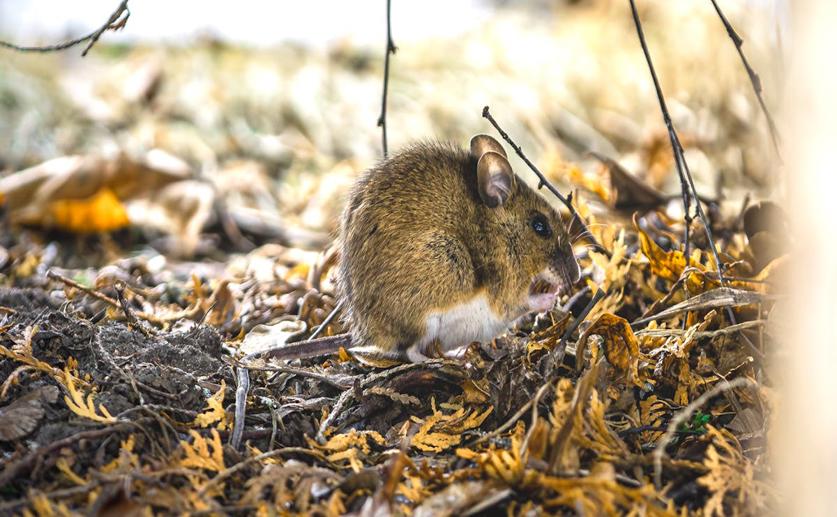
Herbal Formula Shows Promise Against Liver Scarring in Mice
Jim Crocker
15th March, 2024

Image Source: Olavi Anttila (photographer)
Key Findings
- In a study from Nanjing University of Chinese Medicine, YQJPF improved liver function and reduced fibrosis in mice
- YQJPF decreased inflammation by lowering harmful cytokines and oxidative stress in the liver
- The herbal formula also altered immune cells towards healing and regulated gut bacteria linked to liver health
References
Main Study
1) Chinese herbal decoction, Yi-Qi-Jian-Pi formula exerts anti-hepatic fibrosis effects in mouse models of CCl4-induced liver fibrosis.
Published 15th March, 2024
https://doi.org/10.1016/j.heliyon.2024.e26129
Related Studies
2) Systemic inflammation is linked to liver fibrogenesis in patients with advanced chronic liver disease.
3) Association of Inflammatory Cytokines With Non-Alcoholic Fatty Liver Disease.
4) Recent Advancements in Antifibrotic Therapies for Regression of Liver Fibrosis.



 10th March, 2024 | Jenn Hoskins
10th March, 2024 | Jenn Hoskins